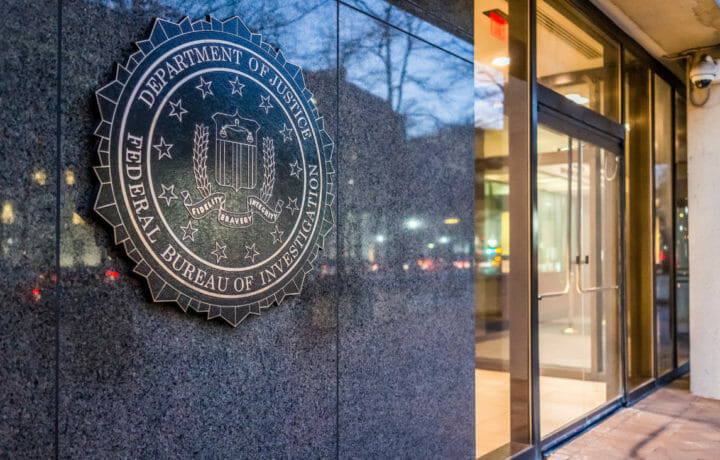Recently, the FBI relayed to CNBC that fraudsters are exploiting LinkedIn by getting its users to invest into a cryptocurrency scheme. It’s another day, and clearance holders have another reason to not only use a secure platform but to also be wary of any offer that might sound too good to be true.
Sean Ragan, the FBI’s special agent in charge of the San Francisco and Sacramento, C.A., field offices said to CNBC, “It’s a significant threat. This type of fraudulent activity is significant, and there are many potential victims, and there are many past and current victims.”
How the LInkedIn Fraud Scheme Works
Ragan explained that fraudsters will create fake profiles on LinkedIn, and then reach out to other users. Things begin with small talk in the messaging system, and then it leads to offers for the victim to make money with a crypto investment. Once trust is established, the fraudsters gets the victim to move from a legitimate investment platform to a fraudulent one. Once they make the move, they wave goodbye to funds in their account.
Victims who might be suspicious of a ploy like this on other social media platforms often do not expect this type of fraud on a business networking platform.
“So the criminals, that’s how they make money, that’s what they focus their time and attention on,” Ragan said. “And they are always thinking about different ways to victimize people, victimize companies. And they spend their time doing their homework, defining their goals and their strategies, and their tools and tactics that they use.”
Don’t Fall for the scams
LinkedIn admitted that it’s challenging to distinguish between what’s real and what’s fake. This is a similar challenge with the platform where it can be used by adversarial countries trying to find ways to contact national security employees. In their statement to CNBC, LinkedIn admitted that there’s been an uptick in fraud, and they are asking members to report any and all instances of fraud to them.
Gone are the days when scammers only tried to leverage romantic connections to get access to victims’ funding. Now, they will seek to appear like legitimate business networking opportunities in order to take a swipe at your bank account.




